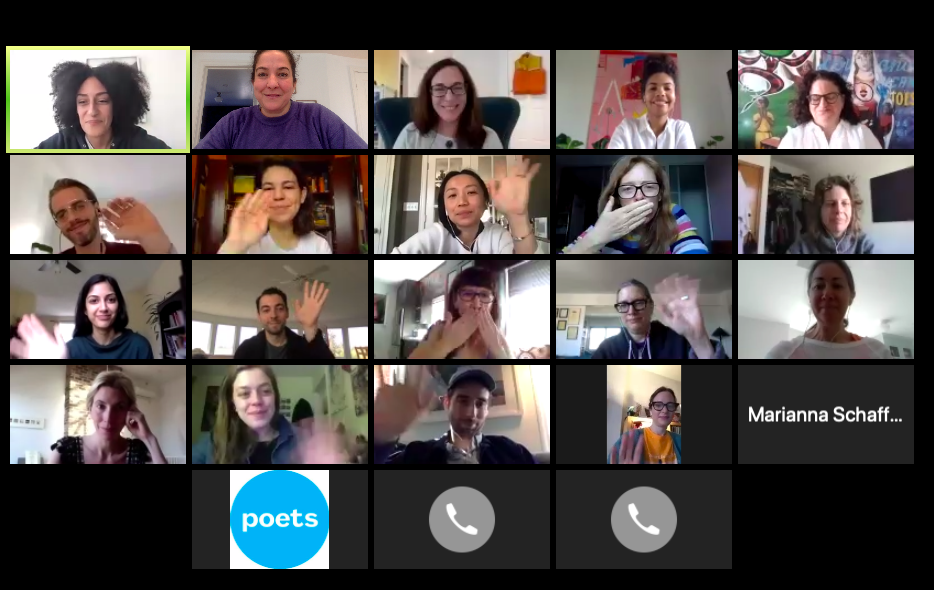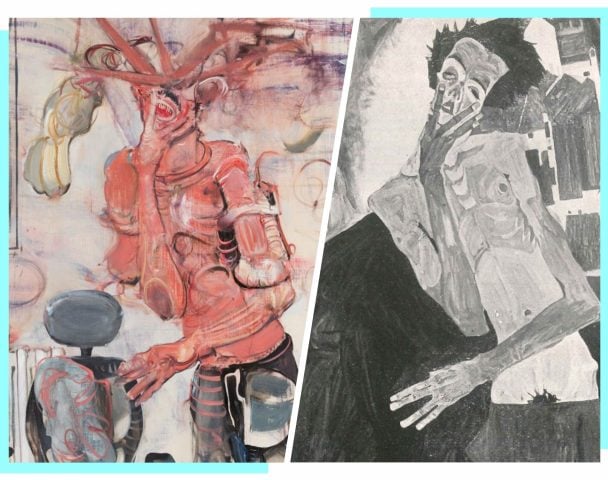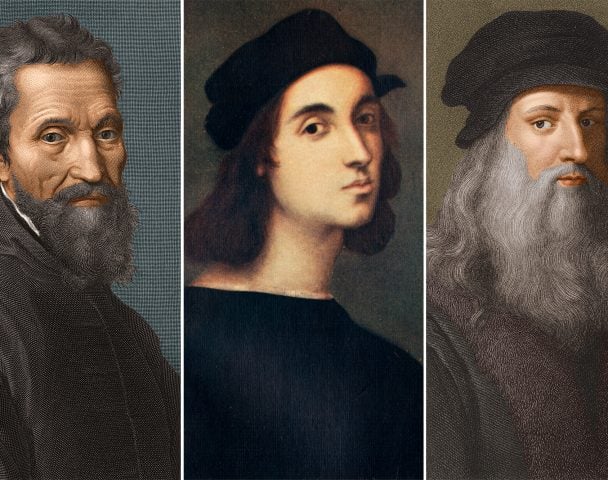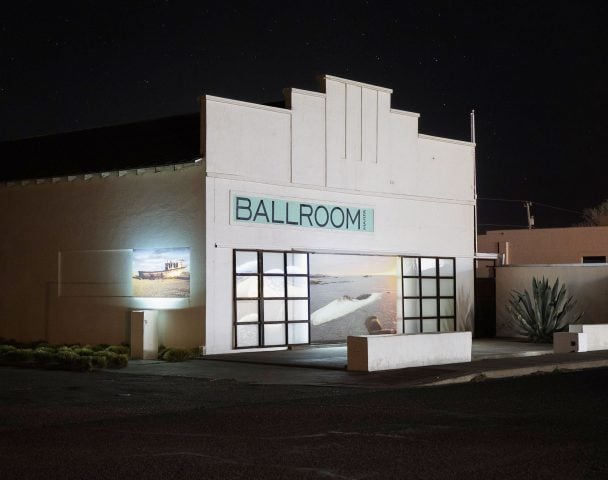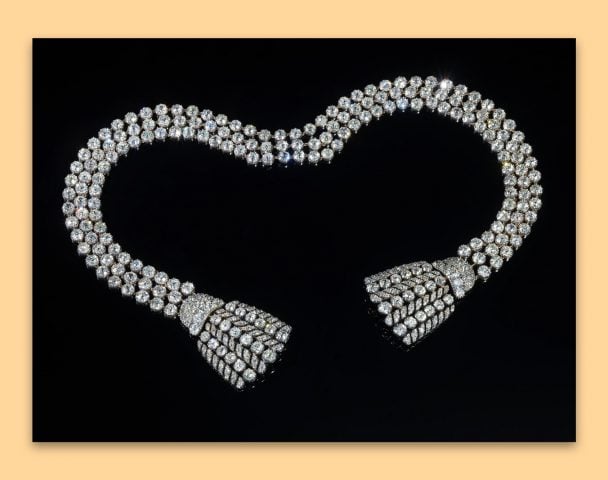The coronavirus crisis is attacking every part of our society and of ourselves: our personal and public health, our families and schools, our businesses and communities, our local and global economies.
It’s also attacking the people who connect us to our humanity: our artists.
Over the past few weeks, as the COVID-19 pandemic began sweeping across the United States, tens of thousands of artists have watched their income evaporate as performance spaces shutter indefinitely, events are cancelled, and studios and museums are closed. Simultaneously, for too many artists, their supplemental streams of income, including second, third, and fourth jobs—teaching gigs and conferences, service industry jobs, and more—have also dried up. The result is a sudden cliff of precarity.
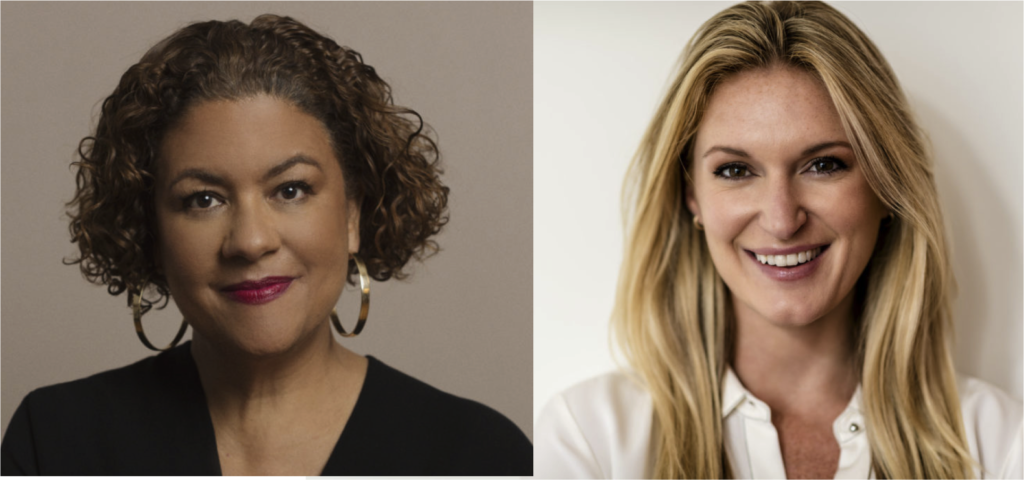
Left, Elizabeth Alexander of the Mellon Foundation. © Djeneba Aduayom. Right, Sarah Arison of the Arison Arts Foundation. Photo by Nick Garcia, courtesy of National YoungArts Foundation.
In turn, philanthropy has stepped in, developing rapid response funds across the country and extending grants to organizations that serve communities on the front lines. And yet, when it comes to the arts, we’ve only focused on half of the problem. In these first few weeks, the attention paid to the arts has been primarily focused on organizations and institutions—not the people whose work breathes life and energy and inspiration into them.
No one would deny the role these cultural institutions play in our society, or how they have been and will be devastated by this crisis. We must continue to support them. But more than any one organization, individual artists themselves are the bedrock of the arts ecosystem in America, and need our help before they hit rock bottom.
Right now, we must attend to the individuals—the musicians, playwrights, painters, poets, sculptors, dancers, filmmakers, novelists, and more—who often operate outside of institutions. Indeed, for many artists, this independence gives them the necessary freedom to pursue their vision and creative practice with integrity.
We have heard from countless artists who have watched a year of gigs fall like dominoes into the unknowable future. Book launch tours have been cancelled, keeping artists from the ability to sell work they may have been developing for years. Jazz musicians who tour ten months out of the year struggle to imagine the how and when of being back on the road and meeting their audiences in intimate spaces. Many visual artists are not allowed to enter their studios, nor dancers, their rehearsal spaces. Artists who work collaboratively can no longer do so.
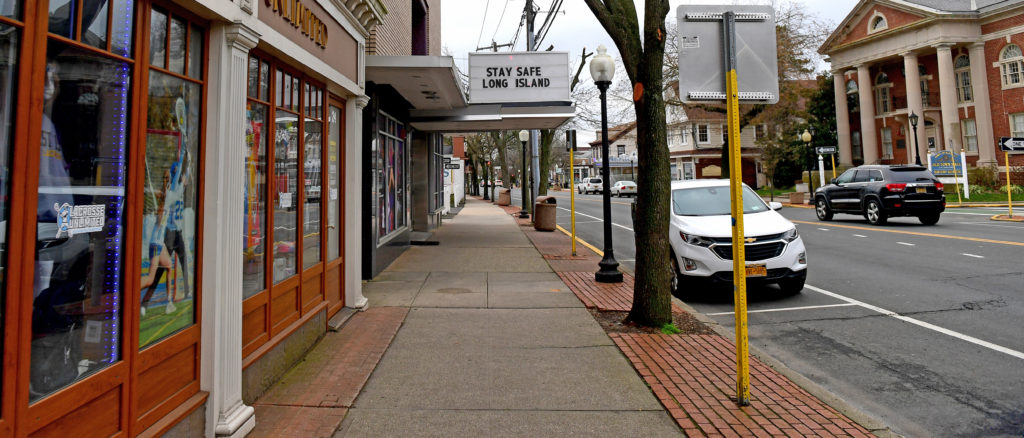
A theater marquee reading “Stay Safe Long Island” in Babylon, New York on March 19, 2020. (Photo by Thomas A. Ferrara/Newsday RM via Getty Images)
Many gig-dependent artists tell us that they cannot pay their rent and are struggling to feed their families. As with others among us, some will fall ill themselves or be called into care of others. The resultant lost income is a present state of emergency for creative communities that, while unusually hardy, are in this period extremely fragile.
Some organizations have already recognized this challenge, and are stepping up to help. For example, in New York City, Ars Nova cancelled the remainder of its scheduled theater season while committing to pay all the artists who had been scheduled to perform, as well as crew members. Bandcamp recently made news for waiving its fees for a day to help boost the incomes of musicians who use its platform. Others have put together resources and online trainings to help artists navigate their new financial reality, including access to unemployment benefits offered by the government. But we can and must do even more.
We understand the challenges artists face in this moment, and also their essential role in any thriving society. That’s why the Andrew W. Mellon Foundation and the Arison Arts Foundation have joined with over a dozen arts funders to create Artist Relief, a $10 million national fund to support individual artists.
Artist Relief—a coalition organized by Academy of American Poets, Artadia, Creative Capital, Foundation for Contemporary Arts, MAP Fund, National YoungArts Foundation, and United States Artists—will make 100 grants of $5,000 each to individual artists every week between now and September. These funds are intended to be used flexibly by the artists who receive them to meet their most pressing financial needs and to enable their continued creative practice.
To be clear: Whether or not artists produce new work during this crisis is beside the point. While some have pointed to Shakespeare’s King Lear and other iconic art produced during previous pandemics as inspiration, our support for them is not conditional or contingent; it is an investment in the future of these artists and in our country’s arts ecosystem.
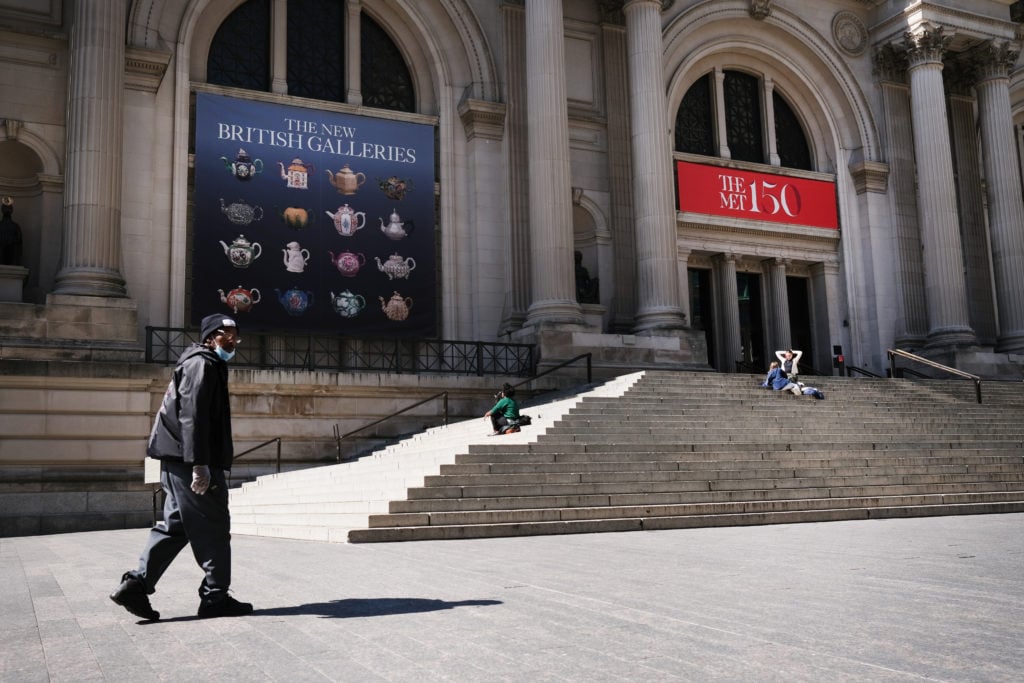
The closed Metropolitan Museum of Art on April 1, 2020 in New York City. (Photo by Spencer Platt/Getty Images)
There’s no question that for decades to come, these artists will be the chroniclers, interpreters, and illuminators helping us process and understand the implications of this unique moment in history we are living together. They will teach us and inspire us, as so many already have. Shouldn’t we do everything we can to see them through to the other side, to support them as their work supports us now?
In dark times, artists do more than provide light; they create it and sustain it. They help us see and understand what makes us human in the face of fear and uncertainty. They give us the words and songs and dances and images with which to mourn and exalt. Rather than give antidotes or easy solutions, artists illuminate the path forward and over and through life’s most challenging moments.
We, of course, don’t have easy solutions either. The funds we have gathered are not nearly enough to help every artist in America, but we hope this Artist Relief Fund will serve as a model and clarion call to others.
As James Baldwin once put it, “You think your pain and your heartbreak are unprecedented in the history of the world, but then you read. It was Dostoevsky and Dickens who taught me the things that tormented me most were the very things that connected me with all the people who were alive, or who ever had been alive.” The same could be said of music and poetry, theater and dance, of visual art and artists of all kinds—all these gifts we cannot take for granted.
As we turn to art for solace and strength, let us not forget the people who make that art possible. We share a responsibility to offer them the same relief and refuge they offer us all.
Elizabeth Alexander is President of the Andrew W. Mellon Foundation. Sarah Arison is President of Arison Arts Foundation and Chair of the Board of the National YoungArts Foundation.
Artist Relief launches today with a $5 million seed gift from the Andrew W. Mellon Foundation, to match an initial $5 million from the following foundations: 7|G Foundation, Adolph and Esther Gottlieb Foundation, Amazon Literary Partnership, The Andy Warhol Foundation for the Visual Arts, Arison Arts Foundation, Doris Duke Charitable Foundation, Emily Hall Tremaine Foundation, Ford Foundation, Helen Frankenthaler Foundation COVID-19 Relief Effort, Jerome Foundation, Joan Mitchell Foundation, Kraus Family Foundation, LeRoy Neiman and Janet Byrne Neiman Foundation, Metabolic Studio, Mike Kelley Foundation for the Arts, Pritzker Pucker Family Foundation, Richard Salomon Family Foundation, Robert Rauschenberg Foundation, The Sue Hostetler and Beau Wrigley Family Foundation, Teiger Foundation, The Wallace Foundation, and The Willem de Kooning Foundation.
Artists can apply at www.artistrelief.org. Artists demonstrating the most severe financial need will be prioritized, with an emphasis on funding widely across disciplines and geographies.
